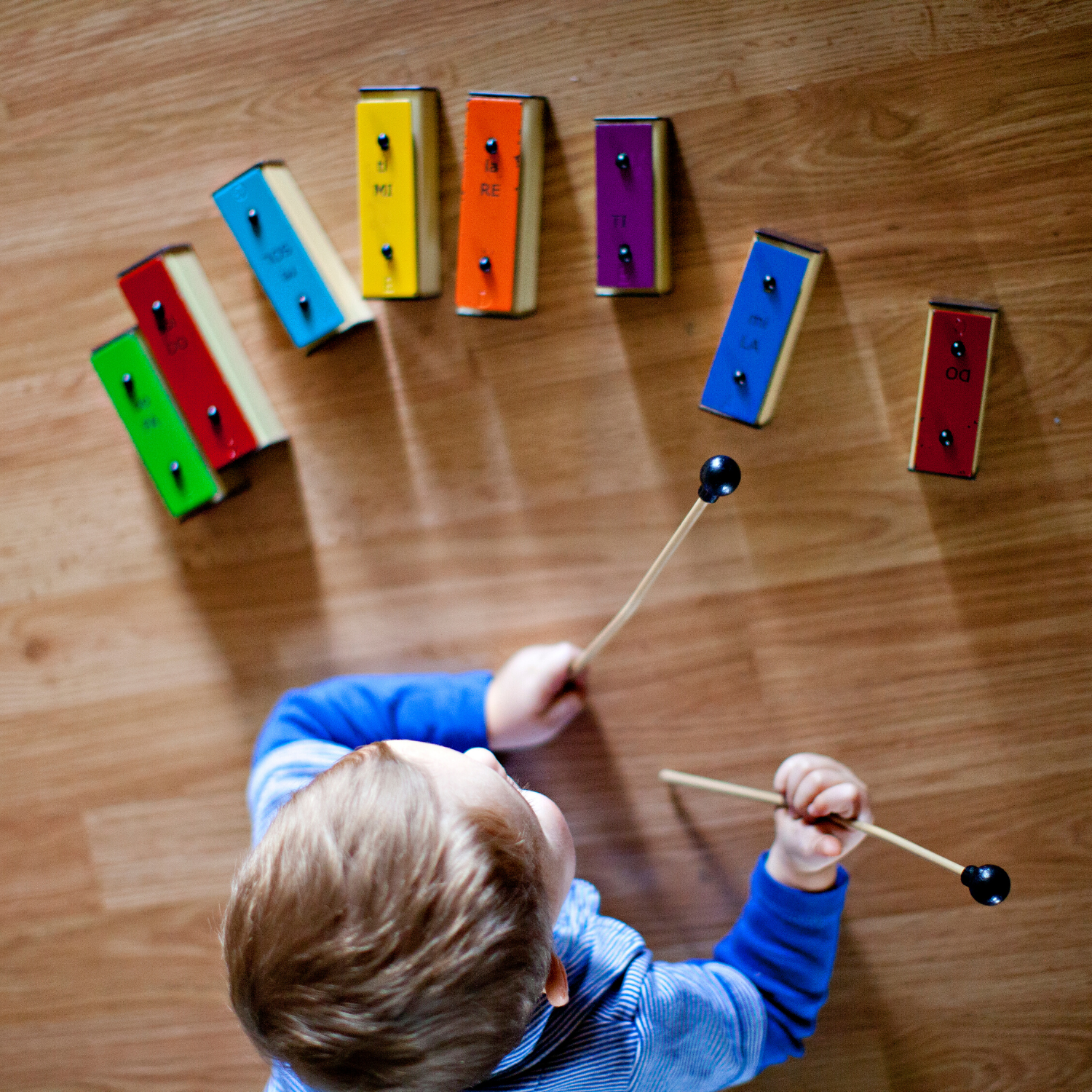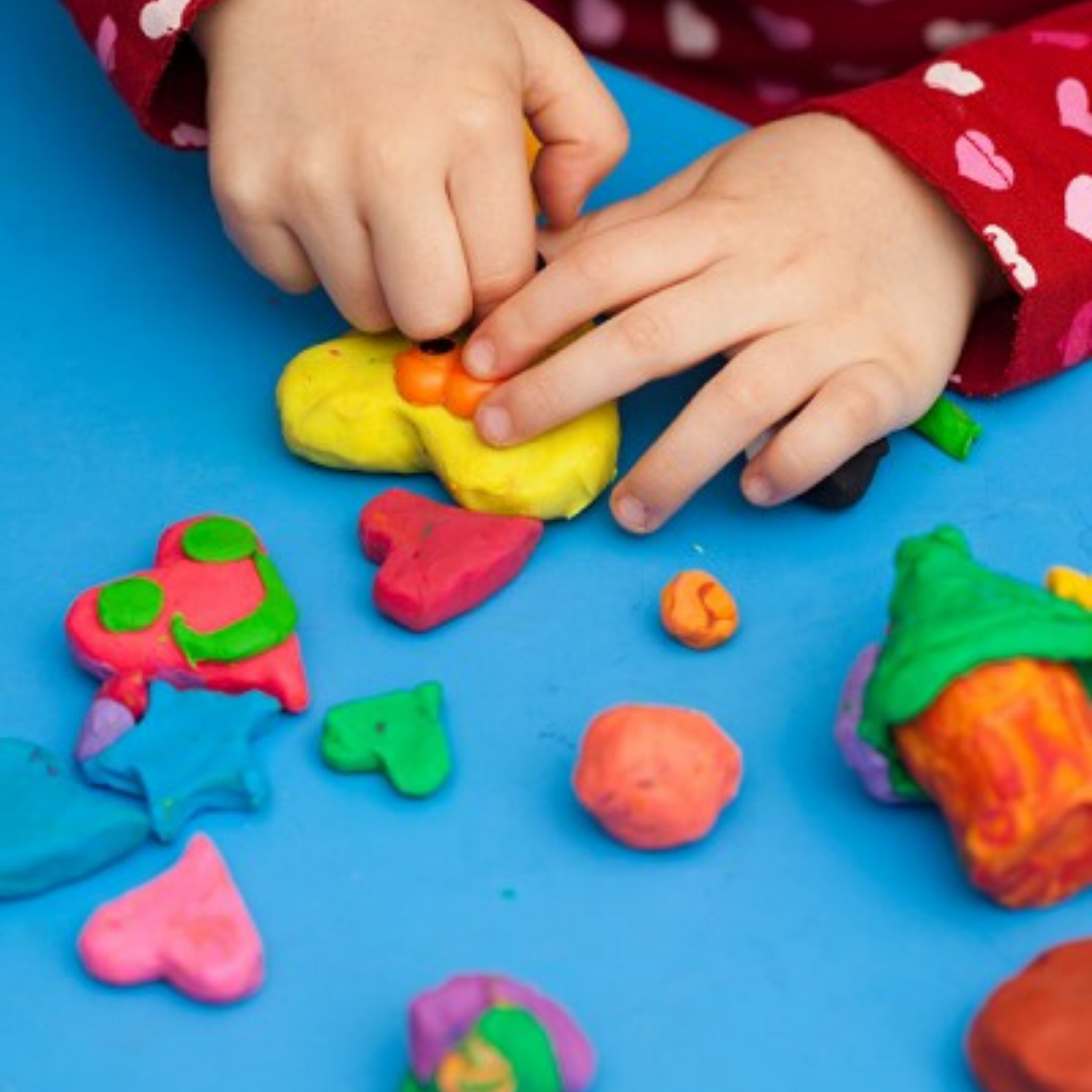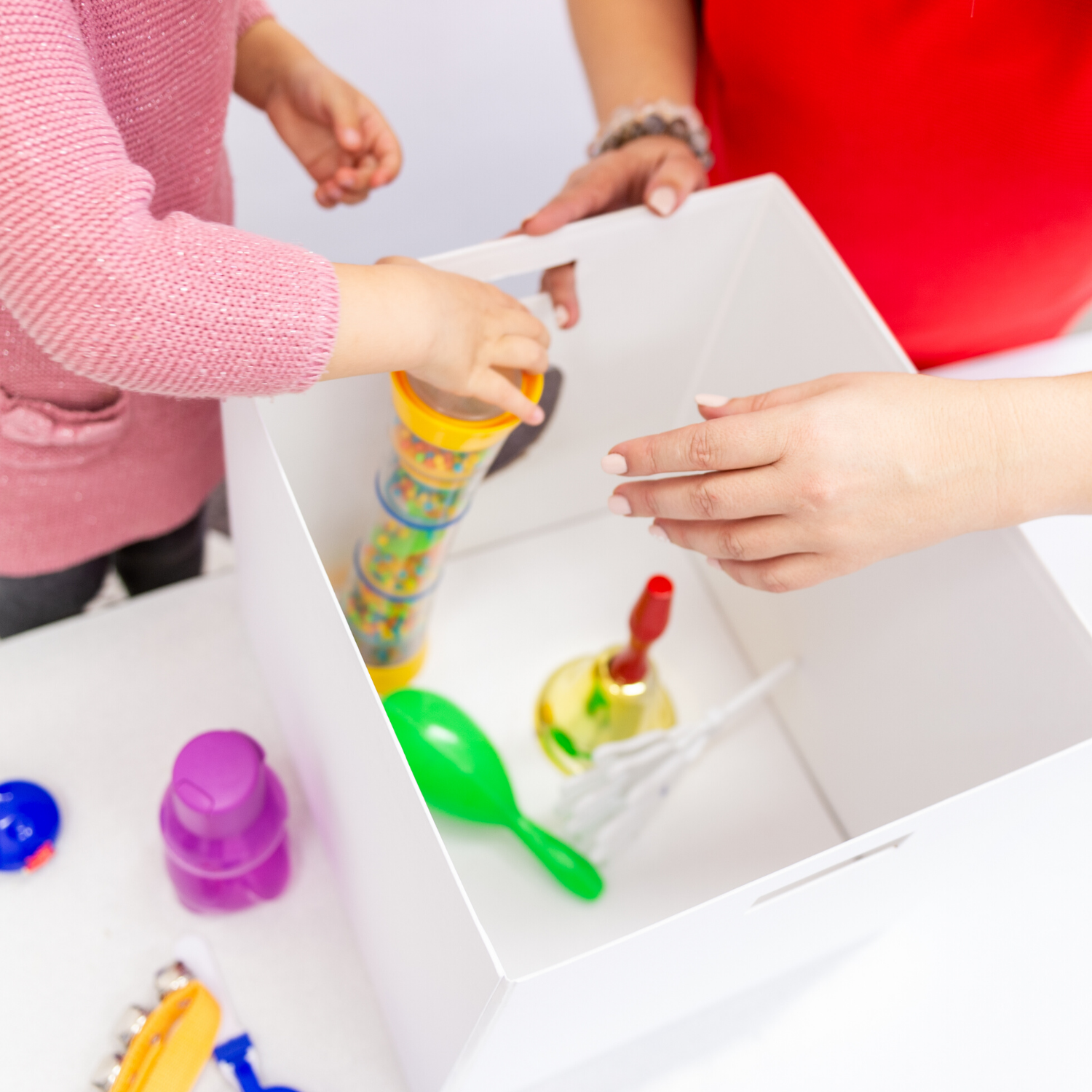Mobile
Tablet
Mobile
Tablet
All About Play Therapy
The foundation of play therapy theory is built on the principle that, since playing comes naturally for children and the process can be self-healing, it makes sense that Play Therapy taps into this natural process.
Play is the means by which children make sense of themselves, their experiences and other people, without having any real-life consequence.
Play Therapy helps children to make sense of their feelings when they get upset, confused or experience traumatic events.
What is Play Therapy?
During a process between the child and the therapist, the child explores at their own pace, those issues, whether past or present, conscious or unconscious, that are impacting on their life.
Play Therapy has been shown to be effective in helping children modify their behaviours, clarify their self-concept and build healthy relationships
Play Therapy allows the child space to play and through play, he or she is able to consider and address more easily, their emotional and social problems. Using the skilful help of a Play Therapist, children can become able to find their own creative solutions to matters that may be troubling them and those around them.



Benefits of Play Therapy
Play therapists generally work with children aged from 3 years to adolescence, experiencing a range of psychological difficulties and complex life experiences.
Examples of psychological difficulties may include depression, anxiety, aggression, learning difficulties and ADHD.
Difficult life experiences can include abuse, grief and loss, divorce and family breakdown, domestic violence and trauma.
A professionally trained play therapist helps a child to increase insight, to decrease internal conflict and to increase resilience, and develop coping and emotional literacy skills.
Play therapists work closely with the child's parents/carers throughout and can undertake parent-child relationship therapy.
